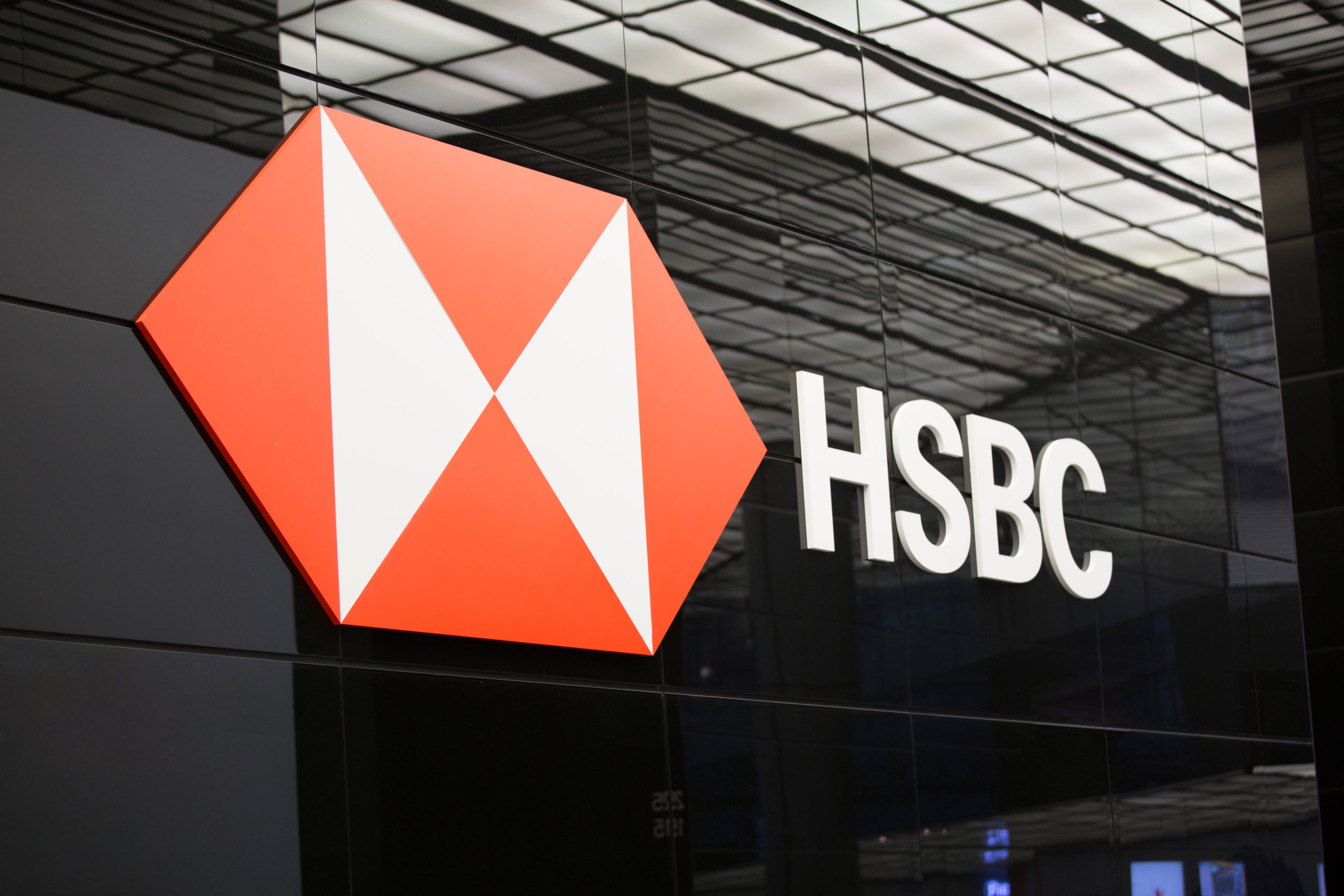Harley’s Skid Spills Uneasy Riders
By JOE BARRETT
INDIANAPOLIS — The recession is creating winners and losers in the Harley-Davidson club.
The seizing up of credit markets last fall has wreaked havoc on Harley-Davidson Inc.’s finance unit. The company has announced plans to lay off 1,400 to 1,500 workers as demand tumbles. And growing numbers of cash-strapped riders have been forced to give up their pride and joy when they couldn’t keep up with loan payments.
But the crisis is a stroke of luck for some Harley shoppers like the ones who visited a former car dealership here last week. They came to look over dozens of repossessed Harleys at discounts of thousands of dollars below the normally rock-solid resale market.
Mike Patterson, right, saved about $3,000 on a Harley-Davidson last week in Indianapolis.
Mike Patterson, a 46-year-old loss-prevention engineer with Liberty Mutual Insurance, happily strapped a three-year-old Ultraglide Classic to an orange U-Haul trailer on a drizzly day last week. The shiny, red hog had obviously been well-cared for: It sported added features like a full windshield and large saddlebags for road trips.
Mr. Patterson, trading up from an older Yamaha, figures his $14,000 purchase is about $3,000 less than he would have paid at a dealer.
For years, Harley couldn’t make enough motorcycles to meet demand, so the bikes have long held their value better than most cars. The credit crisis and recession have changed that.
Starting in the fall, Harley suddenly couldn’t get new financing for its credit unit — the main source of funding for Harley buyers.
As defaults rose, the company tightened credit standards and increased its collection activities. This year, it cut its dividend to preserve cash and has scrambled to secure the $1 billion it will need for its finance operations through December.
On its first-quarter conference call, Harley said that annualized credit losses had risen to 3.41%, from 2.71% a year ago. The company cited rising loan failures and an erosion in prices at wholesale auctions, where the company sells the motorcycles it repossesses. But the company also said it had seen “improvement in auction prices during the last few weeks.”
“Relative to other consumer finance portfolios, we believe the [Harley-Davidson Financial Services] portfolio is performing relatively well,” said Bob Klein, a Harley spokesman.
Last Thursday, Harley said it had secured the final pieces of its $1 billion in funding needs. The following day, Tom Bergmann, chief financial officer and interim head of the finance arm since January, unexpectedly said he was stepping down to pursue other career opportunities. The company declined to comment beyond its press release.
The turmoil at Harley didn’t dim the mood of prospective buyers like Tim James, a 41-year-old industrial maintenance mechanic with a long goatee, who was in the market for a replacement for his Honda. He and his wife each have a motorcycle, but he wants a bigger one so she can ride behind him on longer trips.”I do a lot of group rides and all my friends ride Harleys. I’m ready to step up,” he said.
Mr. James, who has been setting aside money for a new bike, said the fact the last owner couldn’t hold onto the bike didn’t bother him. “Their loss is my gain,” he said.
The motorcycles took a circuitous route to the showroom of this former Chrysler dealership. They were financed by a Colorado company that could no longer get credit after last fall’s financial meltdown, says Robert A. Lazenby, a Las Vegas-based structured finance and restructuring expert who set up Navigator Remarketing Group, the company handling the sales.
The $130 million portfolio fell into the hands of hedge funds that had backed the loans.
Navigator took over efforts to resell the repossessed motorcycles in March. The company shipped them to Indianapolis from about 25 states, cleaned and reconditioned them and then organized the three-day sale. By Saturday, Navigator had sold about a dozen motorcycles. The rest will be taken to a wholesale auction.
“It’s not our job to sit on the inventory. Our job is to liquidate it and maximize the return to the investor,” Mr. Lazenby said.
The Navigator group picked up four car dealerships in the Indianapolis area last fall under similar distressed circumstances.
Indianapolis, a city of 750,000, has an unemployment rate of 8.7%, below the state average of 10%, according to U.S. figures. The city lost a major Chrysler foundry a few years ago, but manufacturers like Rolls-Royce PLC have been reeling in military contracts, says Scott Miller, chief executive of Indianapolis Economic Development. Other large employers in the area have been “holding their own,” he said.
Still, the recession has taken a toll. Tim Carmack, 51, a longtime rider and head technician for Navigator, could feel for the previous owners. In the space of one afternoon in February, he received a bonus in his job as a supervisor of forklift mechanics, and then was unexpectedly laid off an hour later.
“There’s a lot of sad people in this room,” he said, referring to the former owners of the motorcycles. “These guys put their heart and soul into these things and had to give them up.”
Joe Barrett/The Wall Street Journal











